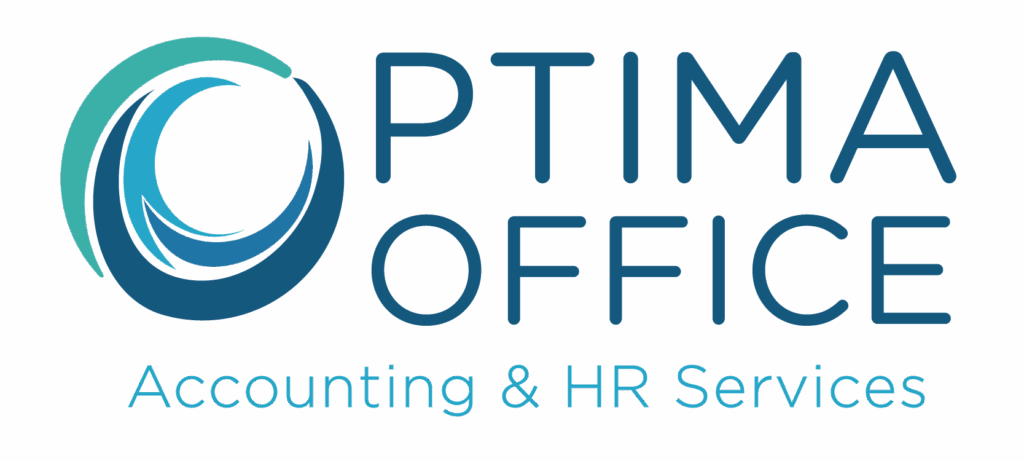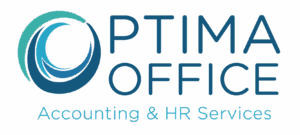As we approach 2023, many business owners and executives are thinking about what the new year will bring. Topics like the recession, supply chain instability, rising labor costs, and inflation are at the top of their minds. Your accounting planning is integral in preparing your business to navigate these twists and turns.
A recent Forrester survey found that many U.S. business leaders are holding on to optimism. Most business leaders expect at least some increase in spending next year, while many also anticipate spending more on talent and technologies.
Companies saw their investments in digital innovation pay off during the pandemic. Meanwhile, blunt, staff, and payroll cuts did not. Yet 2023 will not be 2020 and will require businesses to plan differently from before. Your accounting planning for 2023 will need to reflect these changes as well.
These are the best steps to prepare your business and accounting plan for 2023.
NOTE: the action items we will discuss can and should be addressed more frequently than once a year – consider how to incorporate regular financial touch points throughout your business year.
1. Kicking off your Accounting Planning in 2023
- Set up a meeting with your financial advisory team to kick off your 2023 accounting plan.
- Establish meetings with your finance team and review relevant reports/metrics. We recommend you do this at least once a quarter.
- Identify your top KPIs and review them monthly or quarterly – these can change depending on the organization’s priorities. Keep them to only meaningful metrics.
For example:
- If you are a service-based business you want to measure and monitor staff utilization rates and profitability by client or project.
- If you are a manufacturer you may want to measure and monitor inventory turnover rates or Days Sales On Hand to assess whether you hold too much or too little inventory for the coming months.
2. Make sure you are working with up-to-date accounting data You can’t plan where to go if you don’t know where you are. Ensure your books are in order – this will help you establish your 2023 goals with a clear financial accounting picture. This helps make tax preparation as painless as possible.
- Review your balance sheet – many business leaders ignore the balance sheet in favor of the Income Statement, but it’s critical! Optima’s year-end checklist can help.
- Make sure your income statement follows the best practices that are meaningful to you and your company’s leadership. If not, discuss how to improve with your accounting team.
- If cash flow may be a concern and you don’t have a cash flow forecast – get one!
3. Officially set your accounting plan with goals and a budget Keep in mind that economic indicators are signaling more economic hardship for 2023. To start your budget, you need to understand revenue assumptions such as…
- Any cost or price increases? Inflation adjustments, improvements to current products…
- New products to be launched?
- Year over Year Growth reasonable?
- Expected gross margins
- Effect of existing and new competitors
- Any supply chain issues at your manufacturers?
4. Project Variable Costs
Once you understand revenue, discuss any new spending requirements to hit the revenue targets, increase in business development efforts, marketing/advertising if current space and equipment meet any increase in headcount.
- Ensure changes from the previous year are realistic.
- Review any financing needs to support the additional spend: debt or equity financing.
- Prepare P&L, Balance Sheet, and Cash flow forecasts.
- EIDL payments
- What does your organization need to cut? Build up cash, cut expenses, raise prices? Create strategies to accomplish this.
- Review Business Operating Expenses spend
- Variable expenses
- Marketing
- Bank fees
- Subscription users
- Payroll
- Benefits
- Fixed Expenses
- Rent
- Depreciation
- Utilities (assuming no increase in office space)
- Other Admin costs
- Variable expenses
5. Account for how current events will affect your business
Consider how current events may need to be incorporated into your business plan or budget:
- Are you investing in ESG (Environmental, Social, Governance) initiatives?
- Are you prepared to make human capital changes? For example, remote workforce compliance and tech needs?
- Are you factoring in the cost of raising capital? Inflation? Supply chain disruptions? These are crucial roadblocks you need to address.
6. Consider long-term business plans When working with our clients, we always consider long-term business plans. The goals will affect your short-term accounting and decision-making.
For Example:
-
If you wish to sell or exit the business in the next 3-5 years, that impacts your planning beyond a general desire to improve the organization’s health.
7. Prepare your business taxes More than just income tax returns, be prepared for:
- 1099 self-employed contractors
- Estimated payments
- Industry-specific compliance (sales tax, excise tax, LLC fees, etc.)
- Other regulations that affect your business’s accounting and bottom-line
8) Don’t get overwhelmed by your accounting How to make sure you are not overwhelmed by your business accounting planning
- Start early. Start now!
- Decide the most important indicators of your company’s health and begin there. Don’t spend too much time on things that don’t mean anything to you. There are best practices, but there isn’t a one-size-fits-all finance strategy. Your business will have unique goals and subsequent accounting metrics you will want to prioritize.
- Get help – if you are not numbers- or finance-oriented, leverage others’ skill sets. A great finance partner can save you time and stress and provide meaningful feedback on your organization’s health, risks, and strategic initiatives.
A good outsourced accounting team can make sure your books are compliant and paint the right picture to help you confidently make important business decisions.
Optima Office can help, contact us at 858.283.1234




